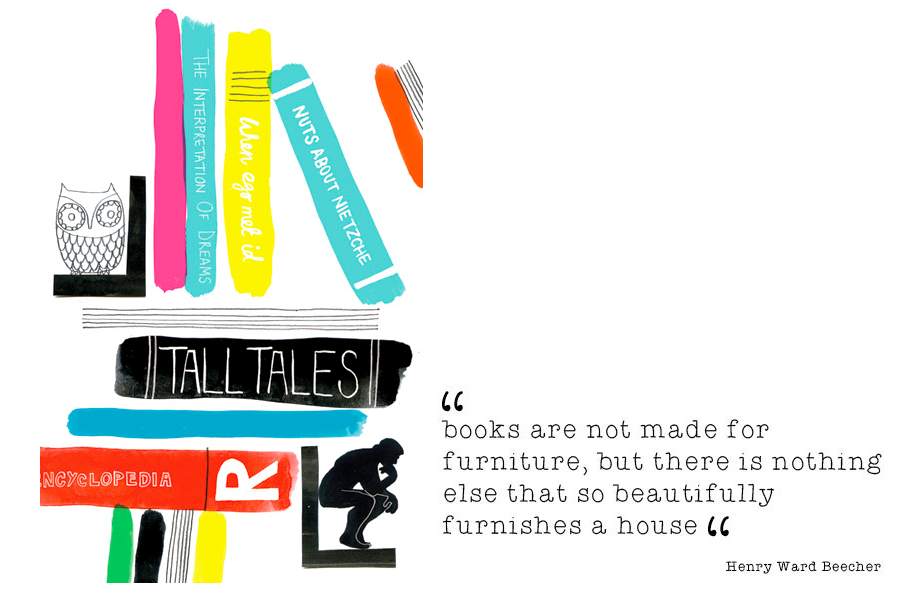Having physical books at home allows children to become familiar with books. Reading books you find joyful to your kids, will make reading joyful.
It sounds so simple.
Growing up, there was a wall of books when I walked in our front door. I rarely went into this wall of books, but it was there. It was a floor to ceiling wall with books two rows deep on each shelf. That wall, in its existence, sent the message loud and clear, "Books are important to us. We take care of them and we show them proudly. We enjoy books."
Just reading any book aloud to your kids won't make them love to read. Or make them good readers.
Consider this scenario. Your child really wants to read a Dr. Seuss book before bedtime - but you hate reading through them. Do you think you're going to read it enthusiastically? Or impart a love of reading? Probably not.
So, don't read them.
Years ago, in the monumental report, Becoming a Nation of Readers, reading aloud took centerstage. Reading aloud was called the single most important activity for eventual success in reading. Children learn to listen and comprehend and they pick up uncommon vocabulary words. They hear the musicality and fluency of language. They learn to make connections and critically think.
So, read books that you're interested in. Be picky. You will encourage better reading habits. You will leave time for your kids to point at the pictures they like, or ask questions about the story. You will naturally make connections between the book you're reading and events in your lives instead of rushing through a book you disdain just to get to the end. You will ask what your kids think about the story and look back at beautiful illustrations. You will, because you will genuinely want to know. Read books you like to your kids.
Read joyfully and your kids will find reading joyful.
It sounds so simple.
Growing up, there was a wall of books when I walked in our front door. I rarely went into this wall of books, but it was there. It was a floor to ceiling wall with books two rows deep on each shelf. That wall, in its existence, sent the message loud and clear, "Books are important to us. We take care of them and we show them proudly. We enjoy books."
Just reading any book aloud to your kids won't make them love to read. Or make them good readers.
Consider this scenario. Your child really wants to read a Dr. Seuss book before bedtime - but you hate reading through them. Do you think you're going to read it enthusiastically? Or impart a love of reading? Probably not.
So, don't read them.
Years ago, in the monumental report, Becoming a Nation of Readers, reading aloud took centerstage. Reading aloud was called the single most important activity for eventual success in reading. Children learn to listen and comprehend and they pick up uncommon vocabulary words. They hear the musicality and fluency of language. They learn to make connections and critically think.
So, read books that you're interested in. Be picky. You will encourage better reading habits. You will leave time for your kids to point at the pictures they like, or ask questions about the story. You will naturally make connections between the book you're reading and events in your lives instead of rushing through a book you disdain just to get to the end. You will ask what your kids think about the story and look back at beautiful illustrations. You will, because you will genuinely want to know. Read books you like to your kids.
Read joyfully and your kids will find reading joyful.
Enjoy!
|
P.S. In case you'd like to peruse the 155 page report referenced, please feel free.
|
|
||




